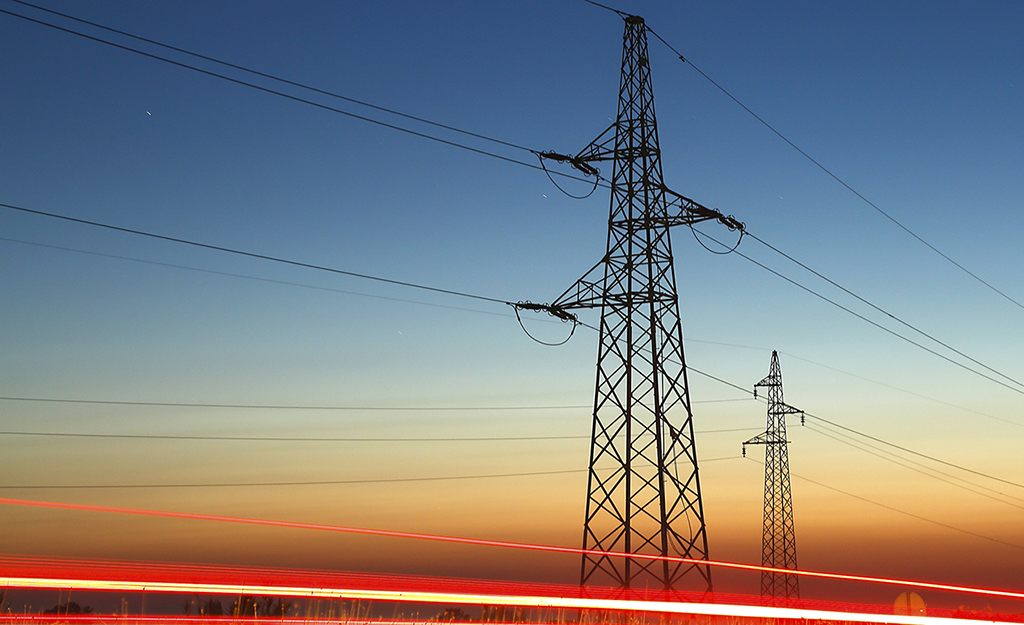Related content
📍 Energy Transition through the high peaks - Transatlantic Energy Conference, Brussels 28 April
Almost every large international company now has plans for a corporate energy transition. More and more companies are setting decarbonization goals, buying greener energy and implementing smart technologies.
But, the unprecedented instability of the markets combined with extremely high prices has changed the scenario; buying energy has become more difficult than ever.
With this double challenge of greening the energy supply and facing unprecedented volatility shocks, what steps could be taken by large energy consumers regarding their energy transition?


